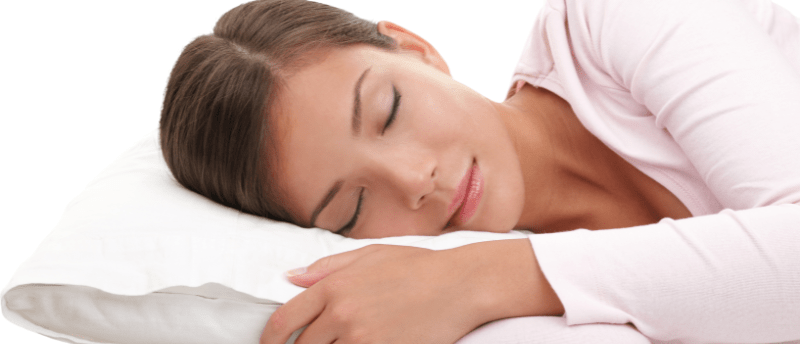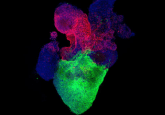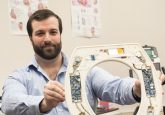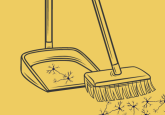Comfortable and clever: the smart pillow that tracks your sleep behavior

A smart pillow could provide an alternative method for monitoring sleep behavior, offering an insight into how we sleep.
A recent research effort led by Ding Li and Zhong Lin Wang (both University of Chinese Academy of Sciences, Bejing, China) has introduced a new way to monitor sleep. The team has devised a comfortable smart pillow that records the movement of the head, providing valuable insights into sleep behavior. For those who struggle with sleep, this pillow offers a comfortable and cost-effective alternative to medically facilitated sleep tests and smartphone trackers. Importantly, it gives anyone the opportunity to learn more about how they sleep.
Sleep is essential to human function, much like eating and drinking. So, without it, the body suffers. Previous research has linked sleep deprivation with serious mental health and physical conditions, such as heart disease and diabetes. Because of sleep’s importance to everyday life, numerous sleep tracking devices have been developed to reduce the need for less-accessible medical tests. For example, smartphone and smart watch trackers are popular tools that are easy to use but lack the accuracy desired by those tracking their sleep.
It has long been hypothesized that REM sleep and the stress response are linked, until now the mechanism has been unknown and might shed light on some mood disorder treatments.
With this in mind, scientists have incorporated flexible and breathable triboelectric nanogenerator (FB-TENG) technology, which change mechanical energy into electrical energy to serve as the basis of pressure sensors, into patches, bedsheets and eye masks to monitor sleep. The current research group wanted to improve upon these advancements in sleep tracking by applying FB-TENG technology to a pillow. This application was designed to increase comfort and allow for the recording of head movements during sleep.
The smart pillow is a regular pillow with a layer of FB-TENGs on its surface, forming a porous array of self-powering sensors and electrodes. As the head moves, currents are generated by the electrodes. The resulting voltage is associated with the head’s pressure distribution following movement. Researchers recorded the movements of a fake head and tested the pressure sensors by tracing letters onto the FB-TENG array. They found that both tests produced accurate, real-time results.
For those suffering from sleep deprivation, this non-invasive and sensitive monitoring system may be their first step in improving their sleep or seeking medical attention. Researchers have big plans for the FB-TENG pillow, such as using it to track the head movements of patients with cervical spondylosis and adapting it to prevent people from falling out of bed. Overall, the smart pillow seems like the dream solution for convenient sleep tracking and could even be further adapted as a diagnostic tool.






